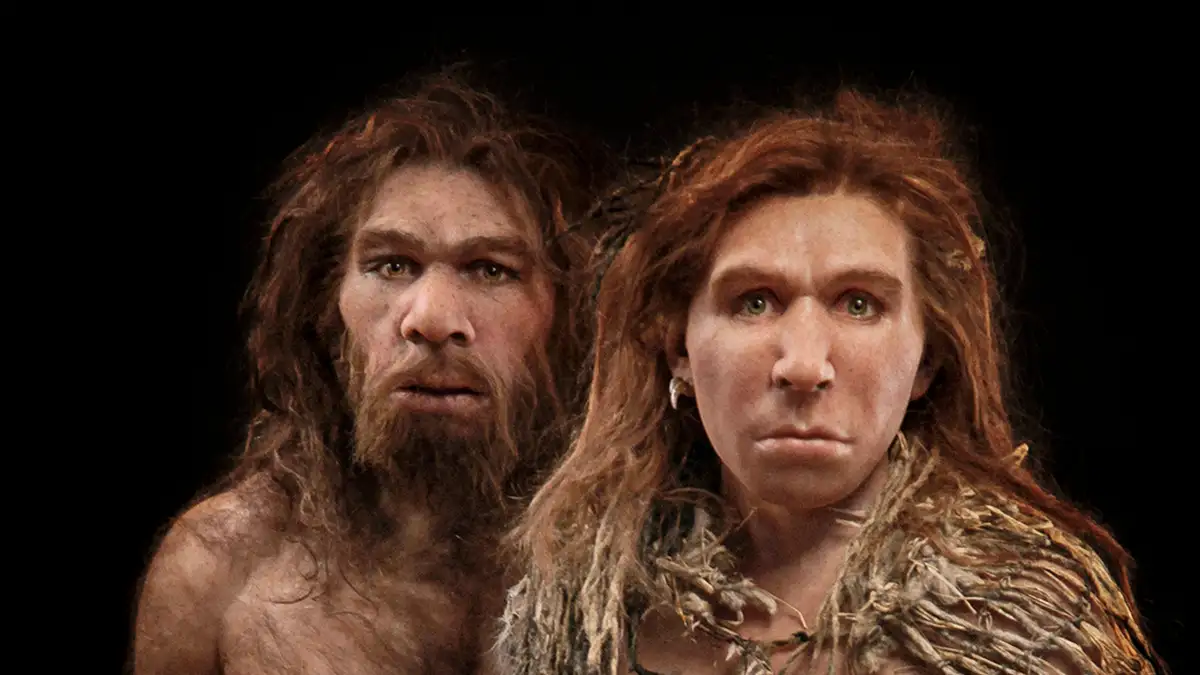T4K3.news
New evidence reveals ancient human cannibalism in Spain
Researchers uncover a child's vertebra with cut marks at Gran Dolina, indicating cannibalistic practices.

A recent find at the Gran Dolina site shows early human cannibalistic practices, shedding light on Homo antecessor behavior.
Discovery of ancient human remains reveals cannibalism among early humans
Researchers have found a human vertebra from a child aged two to four years in the Gran Dolina site in Spain, dating back 850,000 years. The bone has distinct cut marks indicating deliberate decapitation, pointing to cannibalistic practices among early humans. The IPHES-CERCA team, which leads the excavation, interprets this finding as evidence that members of Homo antecessor, including children, were processed for meat. Dr. Palmira Saladié from IPHES-CERCA highlighted the precision of the cut marks, suggesting this was a methodical act of meat exploitation. In addition, other human bones discovered in the same layer also exhibit signs of systematic processing, indicating a repeated behavior over time. The new evidence supports the idea that cannibalism served both as sustenance and a method of territorial control, underscoring the competition for resources among early humans.
Key Takeaways
"This case is particularly notable due to the precision of the cut marks."
Dr. Palmira Saladié underscores the significance of the findings.
"What we are documenting now is the continuity of that behaviour."
Saladié speaks to the historical patterns in early human practices.
The discovery at Gran Dolina significantly enriches our understanding of early human behavior. The evidence of cannibalism sheds light on harsh survival strategies employed by Homo antecessor, illustrating a complex relationship with both their environment and each other. Understanding this behavior also prompts a reevaluation of social dynamics, as survival tactics like cannibalism may have influenced group interactions and territoriality. As excavation continues, the potential for uncovering more remains raises intriguing questions about the social structure and life of early humans in a challenging ecosystem.
Highlights
- Ancient practices reveal a brutal reality of early human survival.
- Evidence of cannibalism forces us to rethink our understanding of human behavior.
- Every layer of earth tells a story of competition and struggle.
- The past is not just history; it's a glimpse into survival instinct.
Sensitive implications of cannibalism findings
The discovery of cannibalism among early humans raises sensitive questions about survival behavior and social practices, appealing to public curiosity while potentially causing discomfort among audiences.
As excavations progress, our understanding of ancient human life continues to evolve.
Enjoyed this? Let your friends know!
Related News

Ancient amulet contains long-extinct trilobite fossil

New findings reveal connections between humans and Neanderthals

Ancient Child Skull May Change Our View of Human Evolution

Ancient fossils discovered in Indonesian Sea

Scientists reveal traits of Neanderthal and Homo sapiens hybrids

Ancient underwater city discovery raises historical debates

Research reveals 30 ancient human species

Research suggests maggots were part of Neanderthal diets
